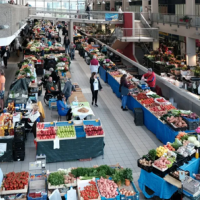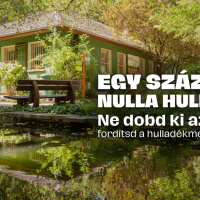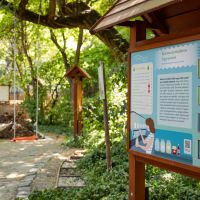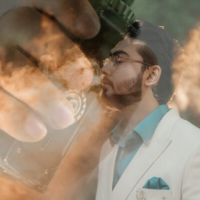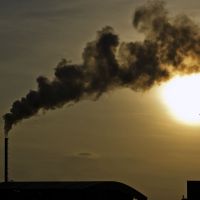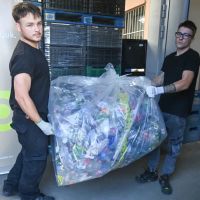Brainwashing
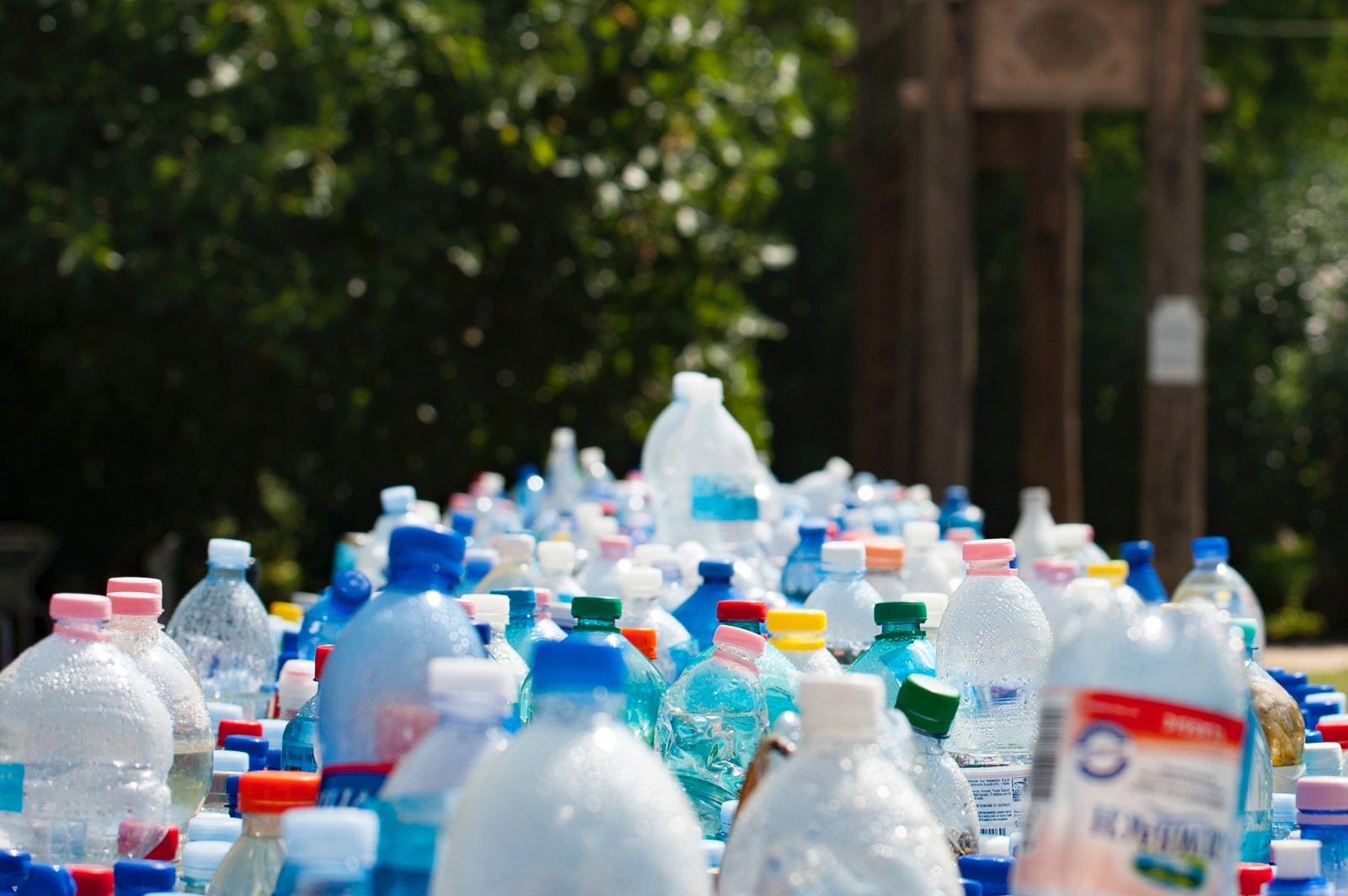
A specially modified bus was wandering around Hungary last year. The huge, smoke-blowing Tetra-Brik box � owned by the Tetra-Pak company - visited schools where, at the request of the school management, the driver gave lectures on environmental issues.
 |
 Just like Nature |
Inside the bus the pupils' comfort was catered for by furniture made of recycled Tetra Brik containers. The lectures took about 20-25 minutes,during which the'teacher' waxed lyrical about selective waste collection and recycling, the rotation of packaging materials, the excellent health effect of milk sold in boxes and Tetra Brik, which " God created before cows". There were 12 computers for playing games on the bus . Black pine-tree seeds and cones were distributed among pupils � by the way, this pine species causes serious nature conservation problems in Hungary � and the lecturers encouraged the children to plant them, saying that by the time the pine-tree has grown, the box will have decayed or dissolved.
The bus-action is a perfect example of the intensive "education" campaign that Tetra Pak has promoted during the last few years. It is more an exercise in re-education in order to convince the impressionable youth that the company has a bona fide environmental policy and its products are genuinely environmentally friendly. HUMUSZ members think that the Tetra-Pak environmental education campaigns are unfair and misleading. They argue for acceptance of the very problematic one-way, throw away packaging, without a real, economically and ecologically established background. The propaganda, stressing environmental aspects, contributes to Tetra-Pak gaining a monopoly in the fruit-drink and milk market . Tetra-Pak has been running campaigns for years without any real or significant recollection or recycling facility, and this approach � as far as we are concerned � misleads the consumers.
And here is the result: children who participated in the brainwashing mostly believed the statements of the "environmental education program". A survey discovered the following;
The "environmental program" stresses that the Tetra Pak products are degradable. The main argument is that a box consists mostly of paper. Only 10 % of children realised that this is a half truth; the other components of the boxes are non-degradable aluminum and slowly degrading polyethilene..
Half of the children get off the bus believing that the combi-box recycling system is working excellently in Hungary, which raises the question of whether the bus 'educators' collected any information on the state of waste collection in the visited area. The result shows, that although they stress the importance of selective collections � they don't give any thought to the actual possibilities available in the settlement.
Those who participate believe that the Tetra Pak products are environmentally friendly. Independent experts have a different opinion: in their opinion packaging materials cannot be put an order of preference. The situation must be analysed on a regional level, checking the local conditions and possibilities, and also environmental problems. Furthermore, the various packaging techniques change in time, as the technology develops.
Death of the action
Tetra Pak showed its face in Nyíregyháza as well, but thanks to local Humusz-activists, it shot an own goal. Quotes from the report of a local activist:
The devil tried to lead Szabolcs county to temptation.... Our local group,the "E-Mission machine" sprung into operation immediately: billboards, labels, information leaflets were produced for teachers and pupils. We waited on the bus on two of the most crowded streets of Nyiregyhaza as well.
Children from the 7th and 8th class were "excluded" from the program, as a Tetra Pak manager says. You know, they have chemistry and biology classes, and have their own ideas � they may raise inconvenient questions, while the younger ones still can be educated into unconscious consumers. Many interesting "facts" were taught in the bus, the best one reflecting the quality of the lectures: "Many things can be produced from Tetra Pak container boxes � chairs, tables, but in these times of war, even bombshells."
We were also present at the press conference: caviar, sandwiches, fresh fruit and of course the inevitable 2 dl fruit-drink boxes... and a pack of press releases, each of them heralding the miracle of the packaging materials... We could hear just how realistic the possibility of recycling was in he case of combi-boxes; how much easier it is to remove the paper from the plastic as long fibres from the Skandinavian trees are used; the plastic of course can simply be incinerated as is all polyethilene. All that remains is an itsy-bitsy bit of aluminium, which at the moment is dumped in a land-fill, but it is not a considerable quantity.
The Tetra Pak manager also mentioned that she had produced recycled paper from boxes at home. Also, as a mother, no way would she carry home "heavy glass-bottles" or milk in "revolting plastic bags". We did not get an answer to our question as to why there is no word about reduction or prevention, which is the cheapest and most effective way of solving waste problems, not to mention, that EU waste management strategy also states waste-minimalisation as of primary importance.

